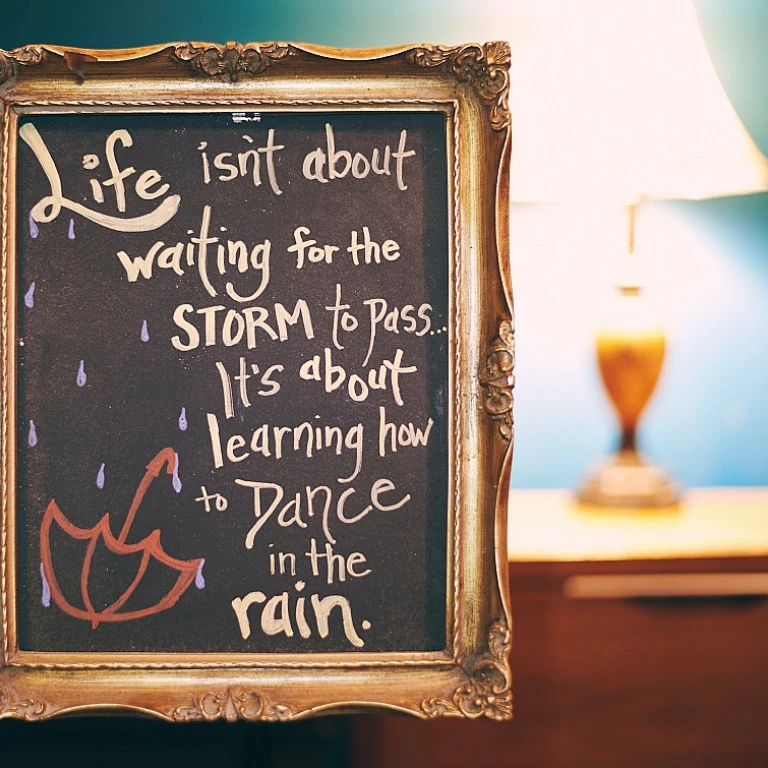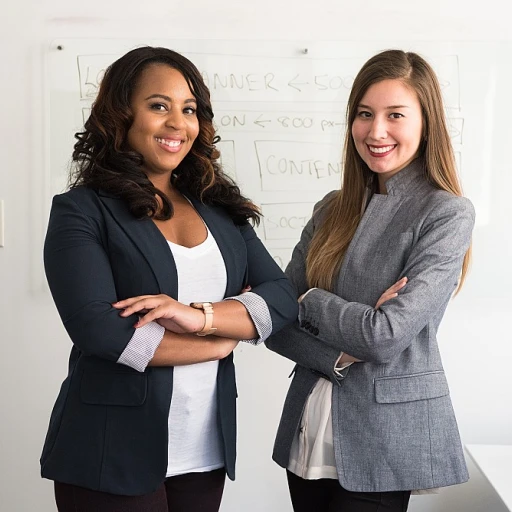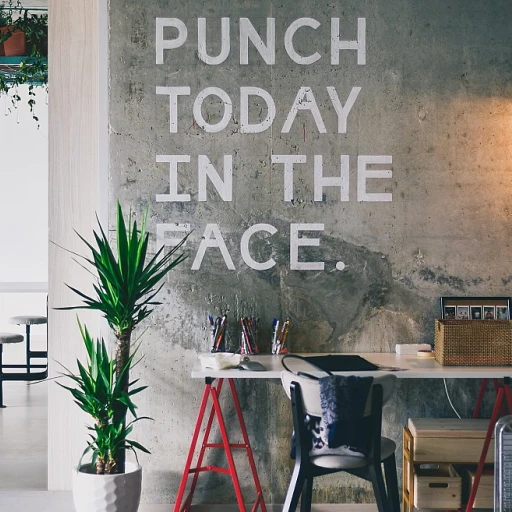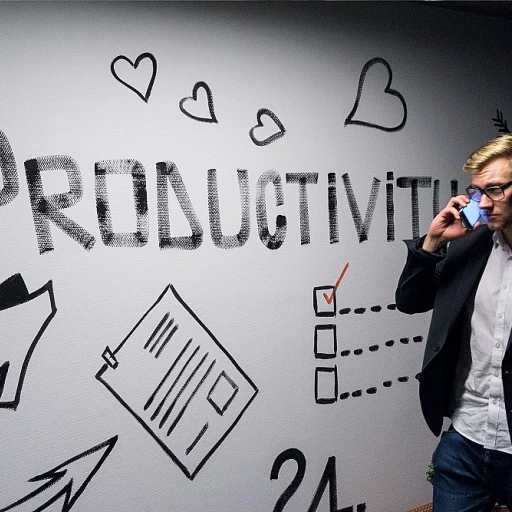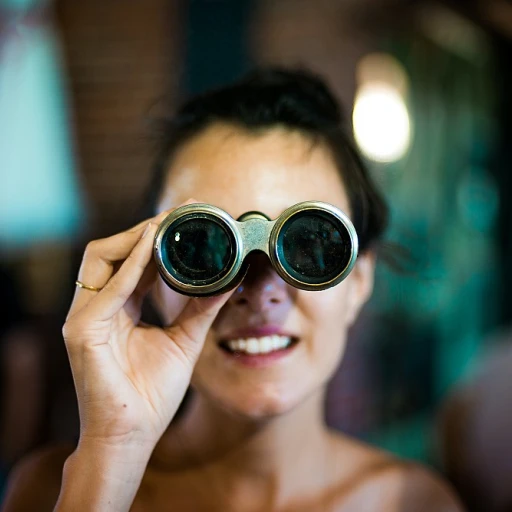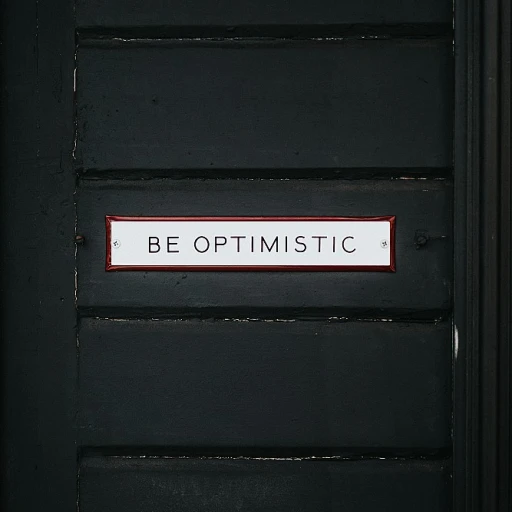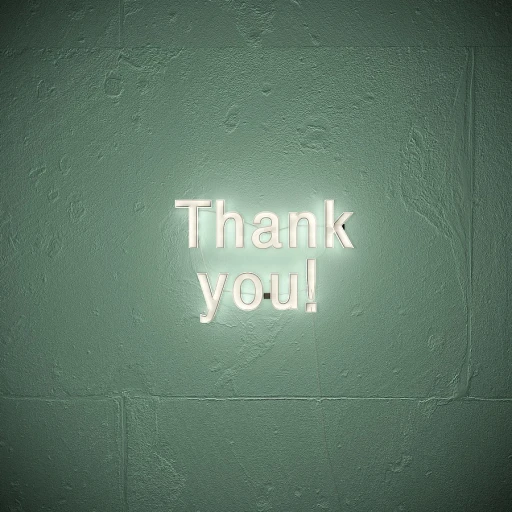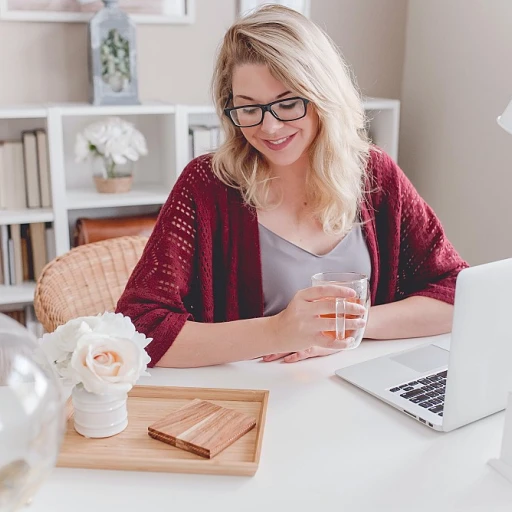
Understanding the Role of Personal Experience in Learning
The Influence of Personal Experience on Learning
In the realm of continuous learning, personal experience plays a pivotal role in shaping our understanding and knowledge. Each individual's journey is unique, and the experiences we gather along the way contribute significantly to our learning process. Personal experiences are not just isolated events; they are the building blocks of our knowledge framework.
When students engage with new information, they often draw upon their past experiences to make sense of it. This connection between personal experience and new knowledge is crucial for effective learning. For instance, in a training lead role, understanding how personal experiences influence learning can help tailor educational strategies that resonate with learners on a deeper level.
Personal Experience as a Catalyst for Knowledge Acquisition
Our experiences serve as a lens through which we interpret new information. This interpretation is essential in the Theory of Knowledge (TOK) framework, where personal experiences are seen as a vital component of individual knowledge. The relationship between personal experience and knowledge is complex, involving various elements such as language, culture, and context.
In the TOK exhibition and essay, students are encouraged to explore how their personal experiences shape their understanding of different areas of knowledge. This exploration prompts critical thinking and self-reflection, allowing learners to assess their knowledge questions and the themes that emerge from their experiences.
Shared Experiences and Group Learning
While individual experiences are crucial, shared experiences within a group setting can also enhance learning. When learners come together to discuss their experiences, they create a rich tapestry of knowledge that benefits everyone involved. This shared understanding fosters a collaborative learning environment where individuals can learn from each other's insights and perspectives.
In conclusion, personal experience is an invaluable asset in the continuous learning journey. By recognizing and integrating these experiences into our learning processes, we can enhance our understanding and expand our knowledge horizons. As we delve deeper into the integration of knowledge and experience, we will uncover more strategies to overcome challenges and leverage personal experiences effectively.
Integrating Knowledge and Experience for Effective Learning
Enhancing Learning Through a Holistic Approach
Integrating knowledge and personal experiences is crucial for achieving effective learning outcomes. Often, the theory of knowledge (TOK) poses questions about the relationship between what we learn in educational settings and our real-world experiences. For students or individuals on a learning journey, combining these elements can significantly enhance their understanding.
When we talk about the integration process, it's important to consider how personal experiences serve as a bridge between theoretical concepts and their practical applications. This approach aligns with the journey into continuous learning, where experiences bolster the understanding of complex subjects.
One effective method involves applying theoretical concepts to personal contexts. For instance, within a TOK course, students are encouraged to reflect on how the exhibition of personal experiences can challenge or affirm their existing knowledge. This process not only deepens individual understanding but also enriches the collective knowledge of a group.
Another aspect of integrating experience and knowledge is through language. Engaging in dialogues or crafting essays that explore themes such as the relationship between object knowledge and individual knowledge allows learners to articulate their understanding creatively. The process of writing, be it a TOK essay or an extended essay, prompts critical thinking and encourages learners to make connections between different areas of knowledge.
In essence, by blending these facets, learners not only gain a deeper comprehension of the subject matter but also develop skills in critical assessment and reflective thinking, which are foundational for continuous, lifelong learning.
Overcoming Challenges in Continuous Learning
Confronting Obstacles in Lifelong Education
Continuous learning, while immensely rewarding, is not devoid of challenges. One significant hurdle faced by individuals is integrating personal experiences and theoretical knowledge seamlessly. Learners may grapple with aligning their personal understanding with the theoretical frameworks presented in a TOK course or other educational settings. This often involves addressing knowledge questions and deciphering the intricate relationship between areas of knowledge and personal experiences. In academic environments, students often encounter difficulties in managing the comprehensive assessment demands linked to exhibitions and essay assignments. Writing a TOK essay or understanding the prompt relationship within an exhibition prompt requires both a thorough grasp of the theory of knowledge and the ability to draw from personal experiences. Learners must balance the objective demands of the course with their subjective, individual knowledge. Language barriers also pose a challenge for many students, especially when engaging with complex themes of knowledge. For individuals from diverse linguistic backgrounds, expressing depth of experience knowledge within the confines of an extended essay or sharing in group discussions can be daunting. These barriers in language and expression can impede one's ability to fully participate and benefit from learning activities. Moreover, learners may face a sense of isolation, feeling distanced from the intellectual community needed for shared experiences. The lack of a supportive group or inadequate access to resources can restrict an individual's ability to capitalize on their potential. Here, building a well-rounded understanding of how to develop a workplace skills plan can foster an inclusive learning environment, promoting a collective human experience. Understanding the theme knowledge and the role of personal experiences in an educational context is crucial to overcoming these obstacles. For many, reflection serves as a powerful tool in recognizing both the personal and shared experiences that shape learning. Through reflective practice, individuals can better navigate the nuances of the theory of knowledge and apply it to real-world contexts, enhancing their individual learning journey.The Impact of Reflection on Learning
Reflective Practices and Their Role in Learning
Understanding the nuances of personal experience is crucial in the continuous learning journey. Reflection serves as an essential bridge between knowledge and personal experience, enabling individuals to translate experiences into robust learning outcomes. By consistently engaging in reflective practices, learners can deepen their understanding of various concepts. Reflective practices encourage students to examine their experiences critically, posing questions about past actions and decisions. This engagement not only enhances individual knowledge but also fosters a relationship between personal experiences and broader areas of knowledge. For instance, in the theory of knowledge course, students are prompted to consider how their personal experiences impact their understanding of different knowledge areas, which can significantly aid in their TOK exhibition and TOK essay.Ways to Incorporate Reflection
- Journaling: Keeping a journal allows for regular documentation and analysis of experiences. When writing an essay or an extended essay, this documentation can serve as a rich source of insights.
- Group Discussions: Engaging in discussions permits shared reflection, where the exchange of personal experiences leads to collective learning.
- Self-Assessment: Reviewing one's progress and seeking feedback align with reflective practices, enhancing one's individual knowledge personal to experiences.
Questions to Guide Reflection
Reflective practices often prompt learners with insightful questions that guide the reflection process. These questions vary widely, but might include:- What knowledge did I gain from this experience?
- How can this personal experience alter my understanding of related concepts?
- What could I have done differently in this scenario?
Tools and Techniques for Leveraging Personal Experience
Utilizing Personal Experience as a Learning Tool
In the journey of continuous learning, personal experience serves as a powerful tool. It acts as a bridge between theoretical knowledge and practical application. By reflecting on past experiences, individuals can deepen their understanding of complex concepts and enhance their ability to apply knowledge in real-world scenarios.
Strategies for Leveraging Experience
To effectively harness personal experiences, consider the following strategies:
- Reflective Journaling: Keeping a journal to document experiences and insights can help in identifying patterns and areas of improvement. This practice encourages critical thinking and self-assessment.
- Group Discussions: Engaging in discussions with peers allows for the sharing of diverse perspectives and experiences. This collaborative approach enriches individual knowledge and fosters a deeper understanding of the subject matter.
- Case Study Analysis: Analyzing case studies related to personal experiences can provide valuable insights into the application of theoretical concepts. This method helps in bridging the gap between theory and practice.
Integrating Experience with Knowledge
Integrating personal experiences with acquired knowledge is crucial for effective learning. This integration can be achieved by:
- Connecting Experiences to Theory: Relating personal experiences to theoretical frameworks, such as the Theory of Knowledge (TOK), enhances comprehension and retention. This approach aids in understanding the relationship between personal experiences and broader knowledge areas.
- Utilizing Exhibition Prompts: Exhibition prompts can be used to explore the intersection of personal experiences and knowledge. These prompts encourage learners to critically analyze their experiences and draw connections to theoretical concepts.
Assessment and Reflection
Regular assessment and reflection are essential components of continuous learning. By evaluating personal experiences and their impact on learning, individuals can identify strengths and areas for improvement. This process not only enhances personal growth but also contributes to the development of a comprehensive understanding of the subject matter.
Incorporating these tools and techniques into the learning process can significantly enhance the effectiveness of continuous learning. By leveraging personal experiences, individuals can transform theoretical knowledge into practical skills, ultimately leading to a more profound and meaningful learning journey.
Case Studies: Success Stories of Continuous Learners
Real-Life Continuous Learning Achievements
In the realm of continuous learning, personal experiences and individual drive can lead to significant transformations. This section will highlight a few insightful case studies of individuals and groups who successfully integrated knowledge in a dynamic learning environment.One student, who pursued their learning journey in a Theory of Knowledge (TOK) course, sought to leverage personal experiences by deeply analyzing real-life situations. The course allowed them to question the foundations of personal and shared understanding, exploring complex knowledge questions. This introspection was instrumental in their ability to construct a comprehensive TOK essay and excel in the TOK exhibition.
Another promising story comes from a group project centered around the theme of architecture. The students participated in a course where they curated an exhibition for their final assessment. By combining individual knowledge with group insights, they created an incredibly detailed and informative display of architectural advancements. Their understanding was further enriched by addressing questions around the relationship of personal and collective experiences within architectural design.
Lastly, a professional from the tech industry embarked on a self-directed learning path focusing on language processing. By exploiting a wealth of resources—such as extended essays and expert assessments—they expanded their proficiency. The individual’s dedication and integration of experiential knowledge into their learning regimen helped them solidify a command over complex systems, translating it into successful advancements in their career.
These examples underscore the pivotal role of reflection as individuals navigate through the continuous learning landscape, employing various methods and experiences to deepen their understanding. Knowledge is perpetually expanded and adapted, showcasing how leveraging one's personal experience can lead to profound educational and professional outcomes.

